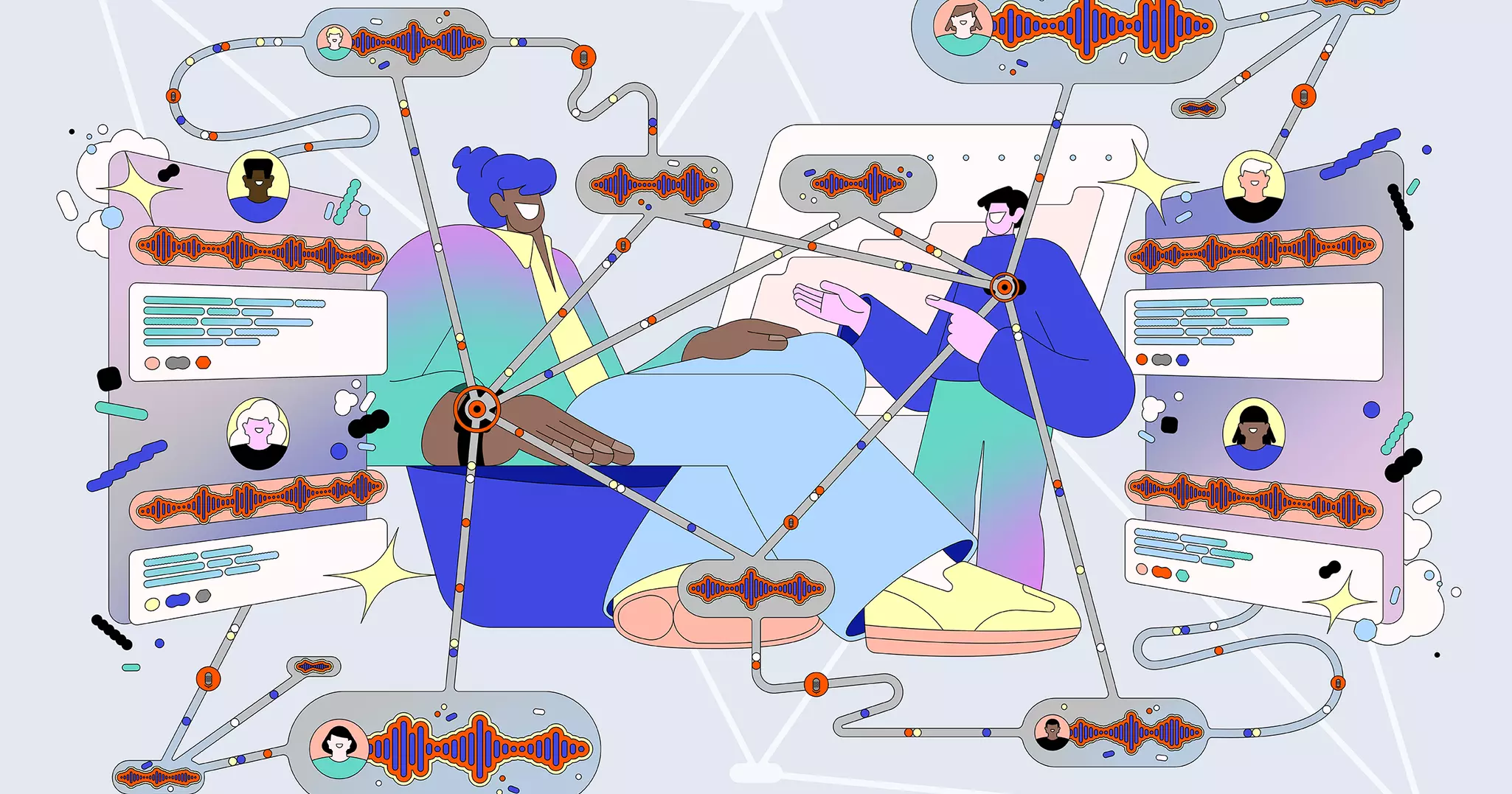TLDR: Techbros in SF are wearing AI pins that record everything everyone says around them.
“My general sense is that we should assume we are being recorded at all times,” said Clara Brenner, a partner at venture capital firm Urban Innovation Fund. “Of course, this is a horrible way to live your life.”
Damn right it is. Every day one step closer to dystopia. Fuck this shit.



Given that a lot of people communicate via social media, that record already exists but we don’t have access to it most of it.
I communicate with a lot of my friends via IMs and so there’s a perfect history of our conversations in the chat logs. It is useful to be able to search to find a previous conversation. I’m not a masochist so I don’t go back and dwell on arguments or things said in anger.
There are people with medical conditions that would benefit from having an augmented memory. People with early Alzheimer’s, or Traumatic Brain Injury could recall previous conversations confidently.
People with high functioning autism could use the record to handle social confusion. Often they’ll have difficulty in social situations without understanding what went wrong, so their memory of the encounter will be incomplete/unreliable. Having an objective record could let a trusted third party help them learn/understand what happened.
I could imagine people wouldn’t mind leaving their memories to their children after they die. Or victims/witnesses of crime using their augmented memory to accurately identify the perpetrator.
Sure, I can easily think of downsides as well. But, it does seem likely that these kinds of devices that are always recording will become more common as prices for storage and hardware keep dropping.
Seems we are talking about different things here. By “perfect” I assumed you meant “complete”, as opposed to an IM-log, e-mail, letters or other async communications.
For people with medical conditions such as dementia, of course, this could solve real problems. I’m not saying we should pull the brakes in every case. My only point is that more data doesn’t equal “better” in every case.
Forgetting things are an underappreciated part of being human. Of course accumulating knowledge with science etc is what drives humanity forward. But when living our day to day lives, forgetting stuff is not just a bug, it’s a feature. It enables us to move on, letting go, and revisit memories more organically and qualitatively. For example the rush of nostalgia that hits you when you randomly hear a song from your childhood. Compare this to prompting your local AI with “give me a perfect list of songs from my childhood”.
For example it’s interesting to listen to accounts from savants with near perfect memories who talk about the struggles of remembering everything.
I’m not saying use technology to extend a person’s biological memory. I’m saying use technology to keep a record of a person’s life (obviously I know the privacy implications of doing this in actual practice in the year 2025, which is why I prefaced my comment with “In a techno utopia”).
You, personally, will still forget things and be capable of nostalgia.
I think it’s pretty uncontroversial to say that people like to have pictures. They collect pictures of vacations that they enjoyed, pictures of their children when they were X age, pictures of dead relatives and pictures of themselves with friends. Because people enjoy revisiting memories. When video cameras became more ubiquitous, people took videos of vacations they enjoyed, videos of their children’s first steps, videos of themselves. There are entire markets for services which let you store and retrieve every picture that you’ve ever taken.
At the same time everyone has a story where they wish they had recorded some event. For example, a baby’s first steps that a spouse missed because they were at work or some unexpected spectacular event. Or even mundane things like ‘Where did I leave my phone?’. Having the ability to keep a record of memories, in video or in some hypothetical full-sensory recording, of every moment is something that people would be interested in.
Perhaps this is just a matter of taste, because I would absolutely do this.